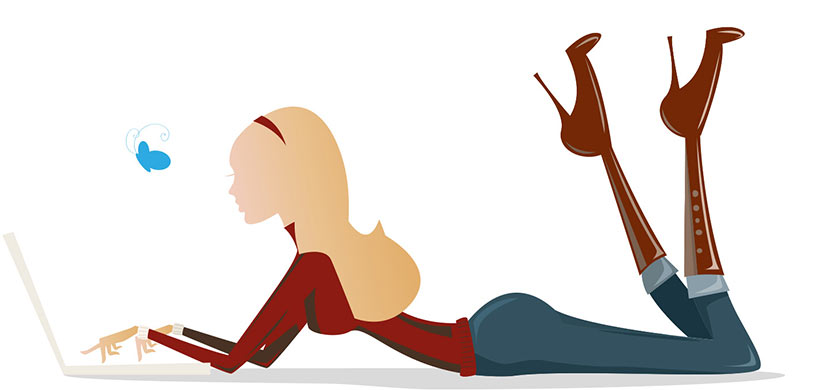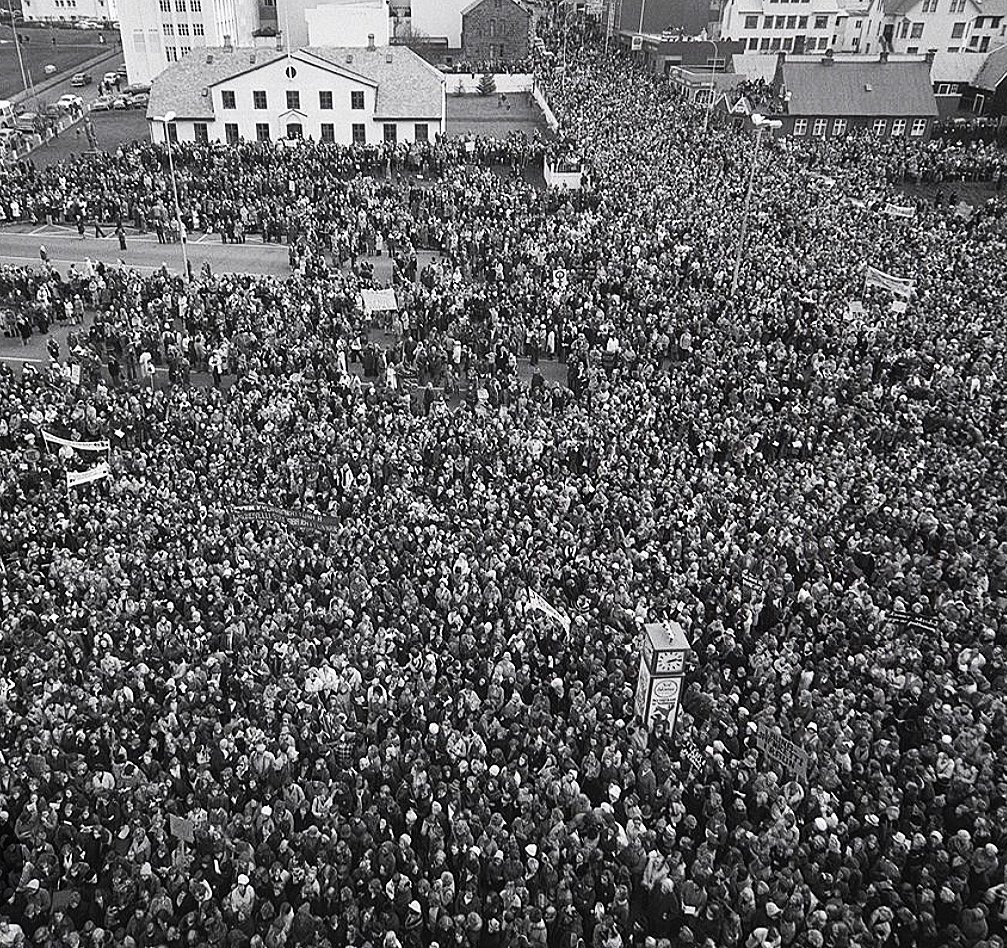A World Without Men: Unpacking South Korea's 4B Movement and its Global Shockwaves
Beaten down by the patriarchy is not a new concept. As a woman who worked decades in a career dominated by men, the environment was thick with sexist comments, ripe with sexual innuendo, career blocking and what I like to call disgusting man behavior. And like myself, many had to endure the punishment that came directly from refusing the sexual advances of men in power.
My salacious boss had physically cornered me in a hotel elevator on an overnight shoot. That resulted in a permanent career demotion when I politely refused to let him penetrate me. Sadly, my story, this story, is a tale as old as time. #metoo!
So, is it any wonder women have had enough?
The Rise of the 4B Movement in South Korea
The women of South Korea's 4B movement aren't fighting the patriarchy anymore — they're leaving it behind entirely. This movement represents a transformative stance against misogyny and is gaining traction globally.
What is the 4B Movement?
For those who don't know what the 4B movement is, in a nutshell, it is both an ideological stance and a lifestyle. The movement advocates for women to reject gender norms, including marriage and child-rearing, in protest of the country's rampant misogyny.
The name is taken from four Korean words—Bihon (no marriage), Bichulsan (no childbirth), Biyeonae (no dating) and Bisekseu (no sex with men). Simply put, it's a lifestyle shift aimed at de-centering men from women's lives, and it's spreading virally across social media platforms like TikTok with the speed and power of a stampeding herd of fillies.
The simplicity and nonviolence of the 4B ideology resonate worldwide. Unlike traditional movements, 4B lacks centralized organization or leadership, making it a grassroots expression of female empowerment. It is one of the fastest-growing female-led movements since Gloria Steinem had women burning their bras in the 1970s (okay, I'm not exactly sure if that was Gloria’s directive, but that was what was going on).
I mean, this idea is so brilliant and so nonviolent that I am wondering if there is a GoFundMe page that I can donate to.
So what has happened? What has caused women in South Korea, and now other countries, to push their chairs back from the kitchen table, stand up, leave the dishes where they sit and say enough? We don't need or want you. We can squash our own spiders.
A 2016 survey in South Korea by the Ministry of Gender Equality and Family found the incidence of intimate partner violence at 41.5% (WOW), significantly higher than the global average of 30% (again WOW). That stat alone tells you why women of all nationalities join this Man Boycott. Or the birth of this question that is currently blowing up the internet—
“If you were alone in the forest, would you rather choose to run into a bear— or a man?”
Overwhelmingly, the women are choosing the bear. When one man on TikTok challenged that, thinking there was no way women would choose the bear, some brilliant woman replied, “Really? How many support groups are out there for women battered by bears?”
Also, Korea has the most significant gender pay gap in the free world, with women earning 31% less than men, and women still face widespread discrimination in the labor market, something the movement recognizes. And although South Korea’s numbers might be more extreme, they are not alone in the misogynies.
This is a global problem
Iceland’s Women’s Strike, 1975
In 1975, the women of Iceland went on strike. At the time, there was massive inequality in gender wages, especially compared to the rest of the free world. Almost the entire female population of Icelandic women just walked out of their homes and workplaces onto the streets, leaving the country at a literal standstill. And if you are asking yourself, ya, but did it do any good? Iceland has been ranked the most gender-equal country in the world for 14 years in a row.
So let’s play this forward, and as it turns out, not that far forward. South Korea already holds the title of the world's lowest birth rate at only 0.78%, compared to the global average of 2.3%. But now, since this movement started in 2018, for the first time ever, there are kindergarten classes that have zero enrollment for this year, 2024. You heard me; there are not enough 5-year-olds to fill that proverbial sandbox. It is estimated that in five years, ⅓ of the daycare centers will be closed down because there are not enough children.
Some women have publicly rejected societally imposed beauty standards by cutting their hair short and going out without makeup.
I call this mentally kicking off your shoes and unhooking your bra, and I have been living in this blissful state for some time.
Many women, including celebrities like Drew Barrymore and Sharon Stone, have publicly embraced lifestyles independent of men. These endorsements help demystify the need for male presence in achieving personal fulfillment. I get it. It’s exhausting looking after someone whose general expectations include being nursed, watered and fed. In fact, a considerably disproportionate number of single women over 50 have a much longer list of not having a man in their life than to have one.
In conclusion: This movement is not just about rejecting men but about redefining freedom and identity on women's terms.
So, on what side do you sit with this conversation? Do you think the 4B movement can help change what needs to be changed?
Who do you pick, the Man or the Bear?
I really want to hear from you.
My personal sentiments can be best summed up by icon and diva Cher, who knows a thing or two about men. She said this: "A man is not a necessity, but a luxury. Like dessert."
Amen, sister. Amen.




